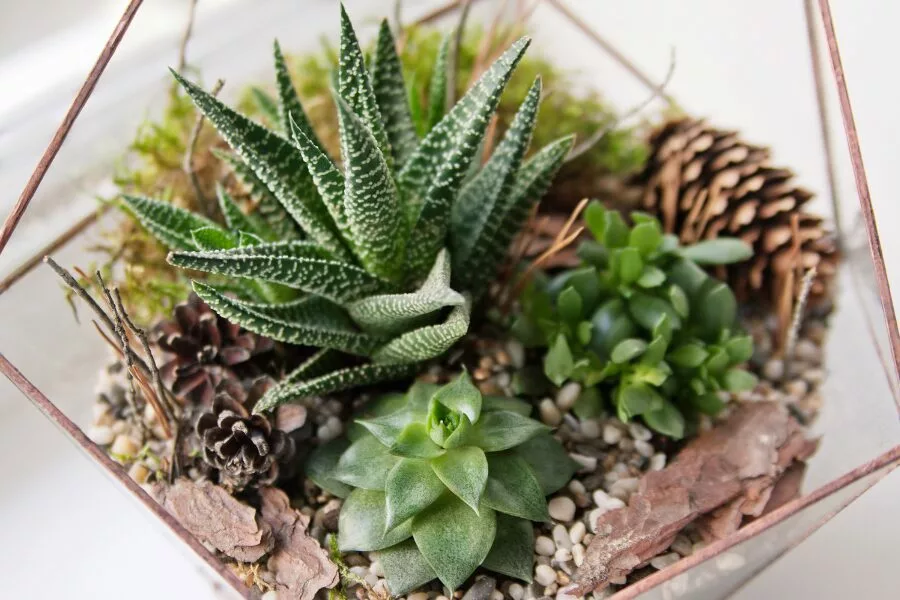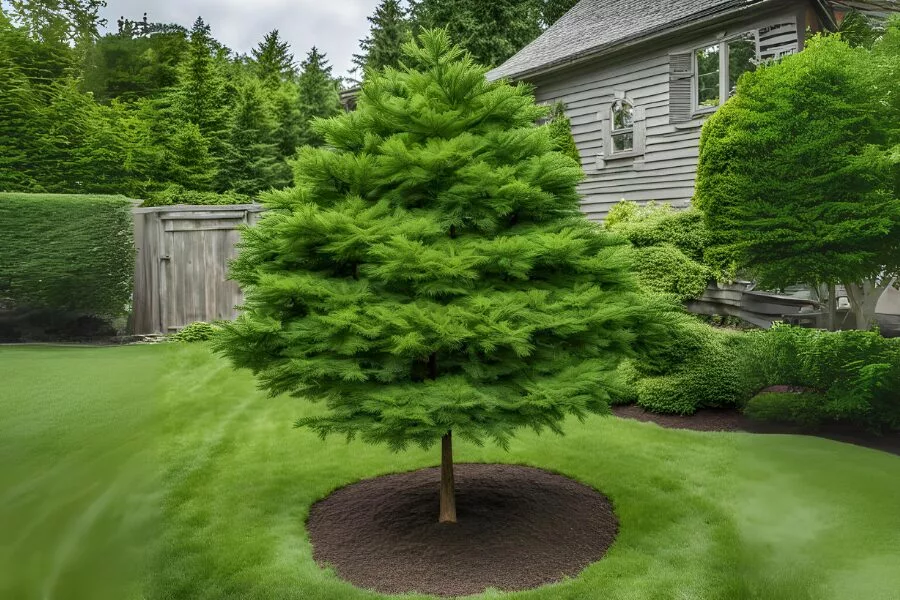World Nature Conservation Day, celebrated annually across the globe, is more than a mere observance. It is a powerful call to action, urging us all to acknowledge the immense importance of our natural world and the crucial role we play in its preservation. As we approach World Nature Conservation Day 2023, it’s the perfect time to delve into ten impactful ways we can celebrate this important day and truly make a difference. Each act, regardless of its size, contributes to a more substantial, collective effort in environmental protection and sustainability.

The Significance of World Nature Conservation Day
Established to throw a spotlight on the well-being of our environment, World Nature Conservation Day serves as a crucial reminder of the urgent need for nature conservation. It underscores the interdependencies between humanity and the natural world and the undeniable fact that our survival hinges upon the health of our planet. From the smallest organisms to the vast rainforests, every aspect of nature contributes to the intricate ecological balance that sustains life on Earth. It’s a day to reflect on the fact that our actions—both positive and negative—can ripple through ecosystems and affect biodiversity conservation.
Celebrating World Nature Conservation Day, therefore, is not merely about appreciating the beauty of nature but also actively participating in its protection and restoration.
10 Ways to Celebrate World Nature Conservation Day
1. Organize or Participate in a Local Cleanup Activity
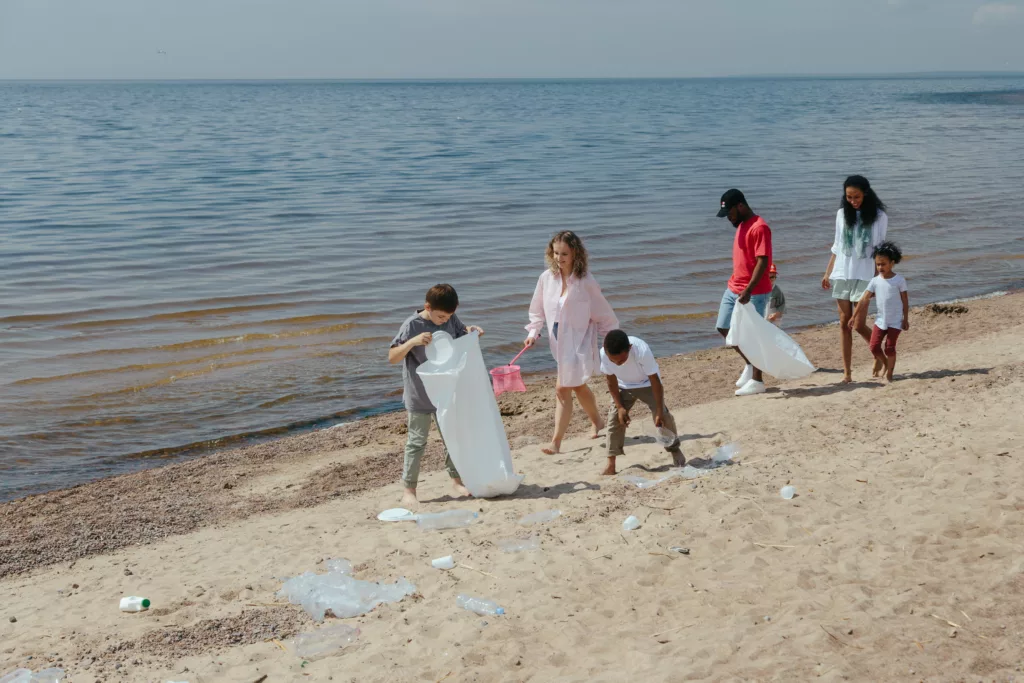
Encourage your community to organize cleanup drives in local parks, beaches, or streets. It’s more than just community service; it’s an awakening of the sense of responsibility toward our shared spaces. A local cleanup activity is a direct, hands-on approach to dealing with waste, promoting cleanliness, and raising awareness about waste management.
2. Plant a Tree or Create a Home Garden
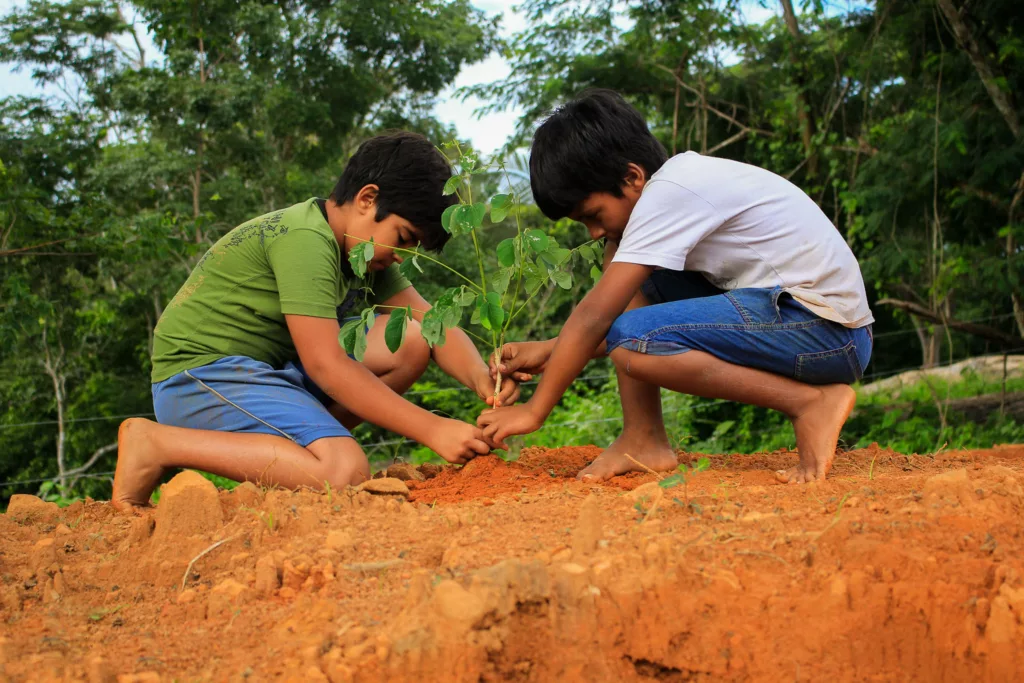
Engage in tree planting initiatives or set up a small garden at your home. Planting trees can improve air quality, reduce carbon dioxide in the atmosphere, and create habitats for many species. A home garden, on the other hand, can promote self-sufficiency, reduce the carbon footprint associated with food transportation, and foster a sense of connection with nature.
3. Start Composting at Home
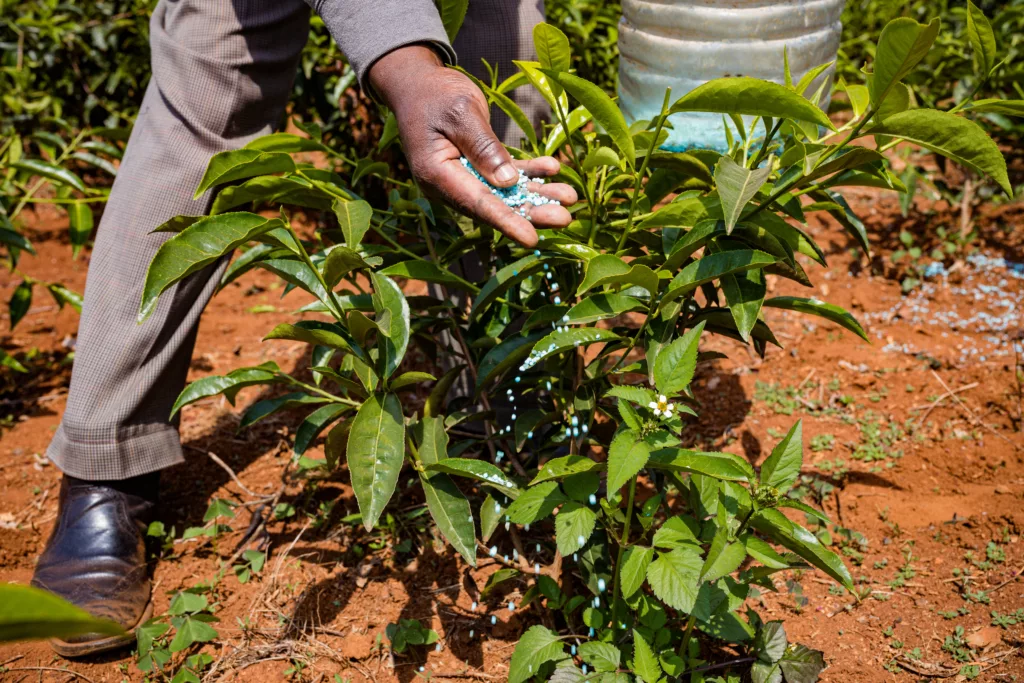
Home composting is a significant step towards zero-waste living. It drastically reduces the amount of organic waste that ends up in landfills, where it would otherwise produce harmful methane gas. In addition, composting enhances soil fertility, leading to healthier plants in your garden.
4. Contribute to Conservation Charities

Donate to non-profit organizations that are making substantial contributions to nature conservation. Your financial contribution can facilitate crucial research aimed at understanding our environment better, developing effective strategies for conservation, and discovering sustainable solutions to environmental challenges. It can also aid direct conservation efforts, such as endangered species protection, reforestation initiatives, and cleanup campaigns.
5. Embrace Zero Waste Living

This lifestyle follows the guiding principles of reducing, reusing, and recycling, and aims to drastically minimize the amount of waste that winds up in landfills or the environment. By reducing our consumption, we directly lessen the demand for resource extraction, manufacturing, and transportation—all of which have environmental impacts. Reusing items extends their lifespan and curbs the need for new products. Recycling, meanwhile, ensures that waste materials are transformed into new items instead of piling up in landfills or polluting our landscapes.
Another key aspect of zero-waste living is conscious consumerism. This practice involves making mindful purchasing decisions—opting for products that are sustainably made, packaged, and distributed, thereby supporting businesses that value the environment. It means considering the entire lifecycle of a product, from its creation to its disposal, and choosing items that have the least environmental impact. By switching to zero-waste living, we’re not only reducing our individual environmental footprints but we
6. Educate Others

Spreading awareness about the importance of green living, sustainability initiatives, and eco-friendly practices can incite meaningful change. You can host or participate in workshops or webinars to share your knowledge and experiences. You could also share information through social media, blog posts, and conversations with friends and family. By educating others, you not only inform them about the pressing issues facing our planet, but you also provide them with the tools and motivation to take action.
This ripple effect of knowledge can help create a community of informed, proactive individuals, all striving towards the common goal of protecting our planet. Spreading awareness about the importance of green living, sustainability initiatives, and eco-friendly practices can incite meaningful change.
7. Promote Sustainable Travel
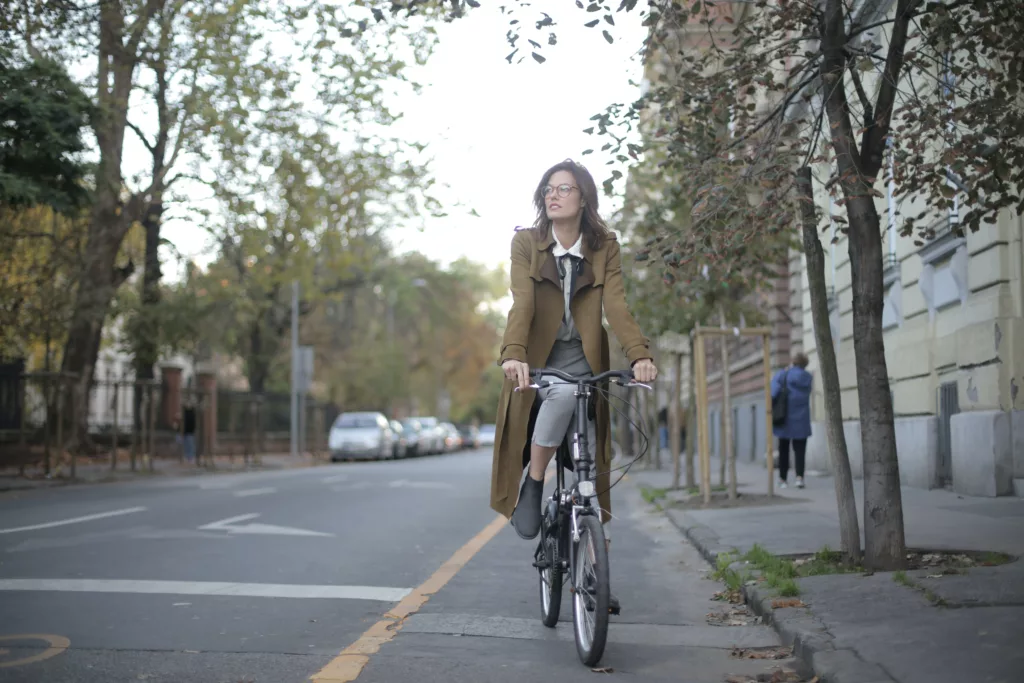
Traveling allows us to appreciate the sheer diversity and beauty of our world. However, it’s crucial to travel responsibly. Sustainable travel means choosing low-impact modes of transport whenever possible, minimizing waste, and respecting local cultures and environments. Advocate for low-impact travel, respect local cultures, and help preserve natural habitats.
8. Encourage Energy Conservation

Simple lifestyle changes can have a profound impact on our carbon footprint and contribute significantly to the mitigation of climate change. For example, adopting habits such as turning off lights and electronics when not in use, and opting for natural lighting or energy-efficient bulbs can drastically reduce energy consumption.
Using renewable energy sources, like solar or wind power, further decreases reliance on fossil fuels, leading to a cleaner, greener environment. Investing in energy-efficient appliances also plays a role in saving energy, as they consume less power to perform the same tasks as conventional models.
9. Initiate a Local Conservation Project

Start a project that benefits your local environment. Whether it’s a community garden, a conservation initiative for a local species, or a campaign against a specific environmental threat, such projects can inspire others and make a tangible impact. Starting a local project not only brings direct benefits to your local environment but also brings the community together for a shared cause. It serves as a learning opportunity, enhancing community awareness and understanding of environmental issues.
10. Make a Pledge to Live Sustainably
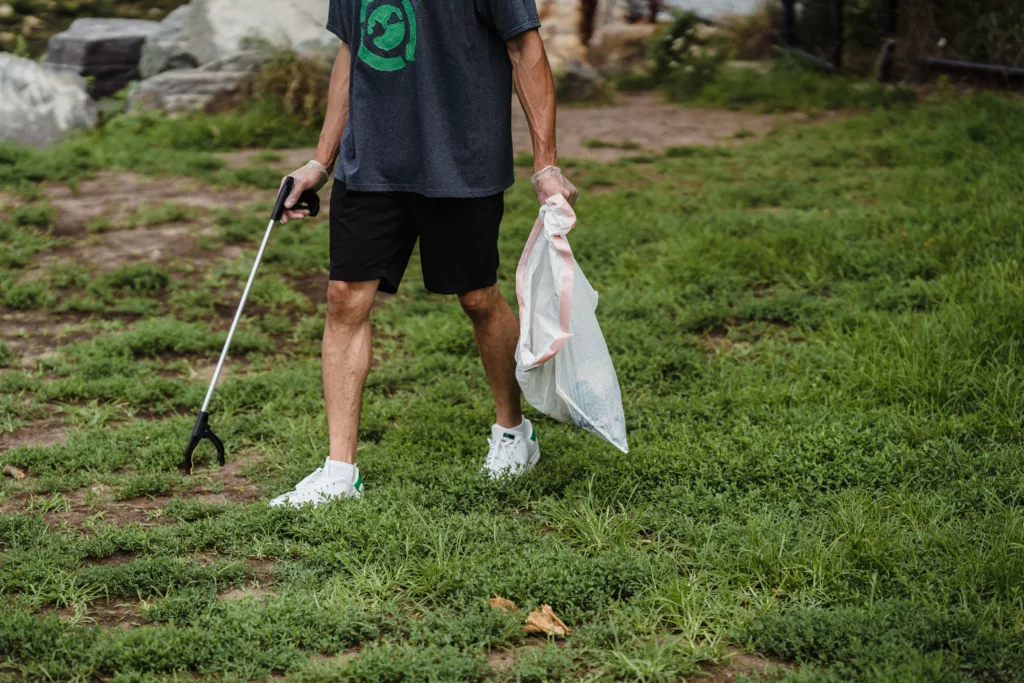
As we celebrate World Nature Conservation Day, making a personal pledge to live sustainably could be a significant step towards a more sustainable world. This commitment involves integrating sustainable practices into all aspects of your daily life—from the products you buy and the food you eat to the way you commute and manage waste. It could involve choosing renewable energy sources, adopting a plant-based diet, reducing water use, or promoting green initiatives at your workplace.
Your pledge to live sustainably sends a powerful message to those around you, demonstrating that change is not only necessary but entirely achievable.
How Do These Actions Make a Difference?
Each of these actions, though seemingly small and personal, contributes meaningfully to the bigger picture of nature conservation. Our collective efforts, when unified, can form a formidable force capable of counteracting the damaging effects of climate change, pollution, and other environmental issues. Every act of conservation, irrespective of its scale, has its place in the global struggle for a healthier, more sustainable planet.
Conclusion
As we conclude this exploration of ways to celebrate World Nature Conservation Day, we invite you to delve deeper into the world of sustainable living. At Ecowiser, we’re dedicated to empowering individuals to make conscious choices that respect our planet. We encourage you to browse through our insightful blogs, explore the eco-friendly brands we advocate, and consider our range of sustainable products.
Each of these resources is designed to support your journey toward sustainability. Whether you’re just beginning or are well on your path, Ecowiser is here to guide and inspire. Remember, each step you take, no matter how small, brings us closer to a sustainable future. Begin your journey this World Conservation Day, and let’s make every day a day for nature. Explore, learn, and grow with Ecowiser today!





